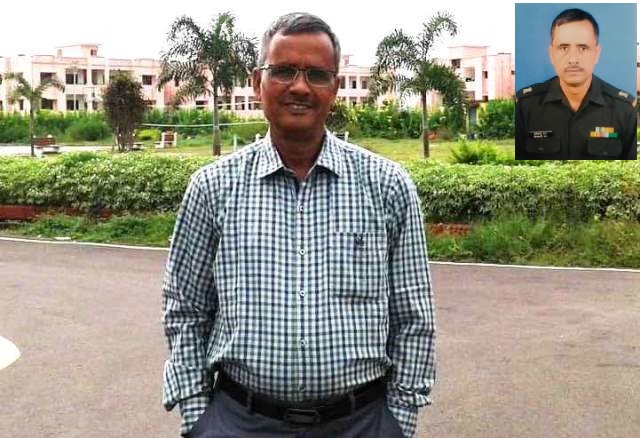Major (Retd) A Singh says he was appalled to see Services Chiefs acting as Govt spokesmen to defend the new recruitment scheme. His take on Agnipath
Although the Agnipath scheme seeks to cut costs for Indian defence establishment – which is a long pending reform – the manner in which the Government launched the scheme is shocking. Any decision or scheme that impacts the masses must pass through a public debate, open discussion and resultant feedback. But, as in the case of GST, demonetisation or 2000 lockdown, the Government has in one swift stroke ruined the ambition and aspiration of millions of youth.
I have served the Indian Army for several years – I voluntarily retired as a Major in 2004 – and I can vouch that such a scheme goes against the ethos of our defence services. Indian Armed Forces serve as a large family unit as per their tradition, culture and ethics. Armed forces are not a tourist venture that will abandon their boys after a four-year tour of duty.
Ideally, such a scheme needs a pilot project and phased implementation. This will entail a small unit of recruits, say 10%, to be hired as Agniveers while the rest follow standard permanent recruitment. On the basis of the pros and cons of the first experimental Agniveer unit, the Defence establishment may decide on its future.
Everyone remembers how many times the entire GST framework and its rulebook were changed to suit the new challenges emerging out of its implementation. Ditto with the decisions of demonetisation and lockdown. How the government seems so cocksure about Agnipath’s success beats me. They haven’t learnt anything from their past mistakes.
ALSO READ: ‘Agnipath Has Burnt Down My Dreams, Career’
I was also appalled at the way our Service chiefs appeared on camera to defend this scheme. Do you remember any such occasion in the 75 years of the glorious history of our defence forces when top commanders had to defend a government action? They were clearly forced to act as the spokesperson of the government.
There have been media reports about the plight of thousands of men who had cleared their physical tests for the Armed Forces and were waiting for their joining letters when suddenly this scheme was announced. There was no consideration about their future despite an assurance from the force.
Out of four years in service for Agniveers, the training period will be of six months and there is also a provision for a nine-month leave period. So practically, the Agniveers will have three years of active duty. Can such a brief training and service period produce a skilled and up-to-the-mark soldier? In addition they will not get the rank of an ex-Serviceman.
Various announcements are being made by private industrial houses to absorb Agniveers after returning from the forces, but it is easy to break a promise after four years. Can they be held accountable for these assurances? And God forbid, how will our police forces tackle a situation when these trained but jobless Agniveers, in desperation for work, join some unlawful venture!
As told to Rajat Rai
(The photo used is representational as the narrator requested anonymity for personal reasons)


